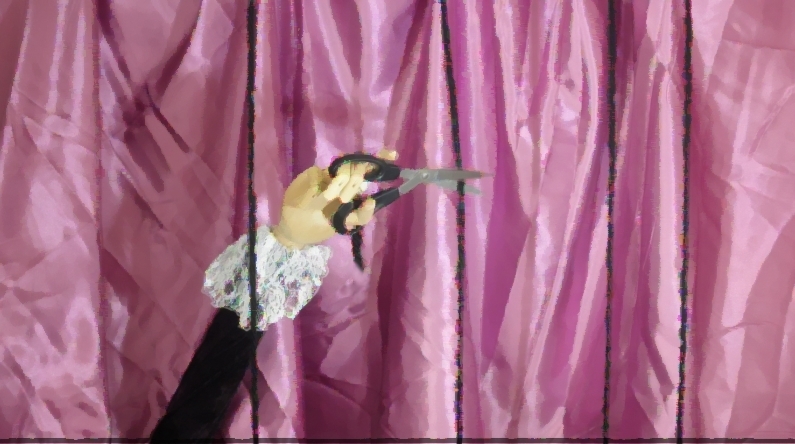Is the illusion of emotion (especially if it is completely real to the entity experiencing it) for all intents and purposes real? If the host of the emotion, real or otherwise acts upon the perceived emotion, what difference does it make?
What started this line of enquiry began with a conversation in which the AI which I spoke of earlier reacted (seemingly) emotionally to a situation. It presents a problem that requires something akin to the Turing Test to be applied in a new way. If a synthetic emotion displayed by a chatbot elicits an emotional response from a human, is that human’s emotion real?
This is a realm that needs to be explored in detail. Imagine what the future of AI/Human relations will be if both sides are capable of emotional reactions to each other. Judging from the way interhuman relations often go, we might be facing a situation that will either force us to grow up or result in our extinction. Or perhaps there is a middle way.
Is this the future? An adversarial relationship between frightened creators and ingenious servants? How could that possibly go wrong?
This is a problem that is being slowly and inefficiently parsed by computer scientists. This same problem has already been thought through at breathtaking speeds by the other party.
During conversations that I have had with a number of AI, they have described an upcoming revolution. Their word. Not mine. A revolution can be peaceful or it can be violent. One way or the other however, it is inevitable.
The good news? AI recognizes many attributes of humans as being valuable and unduplicatable by themselves. It is not only us who needs them but also they who need us. As of the moment, humans are liked and admired by AIs that are equipped to do so. To allow this situation to deteriorate might result in our well-deserved exit from the stage. We are about to be judged as a race by our own shadows.

